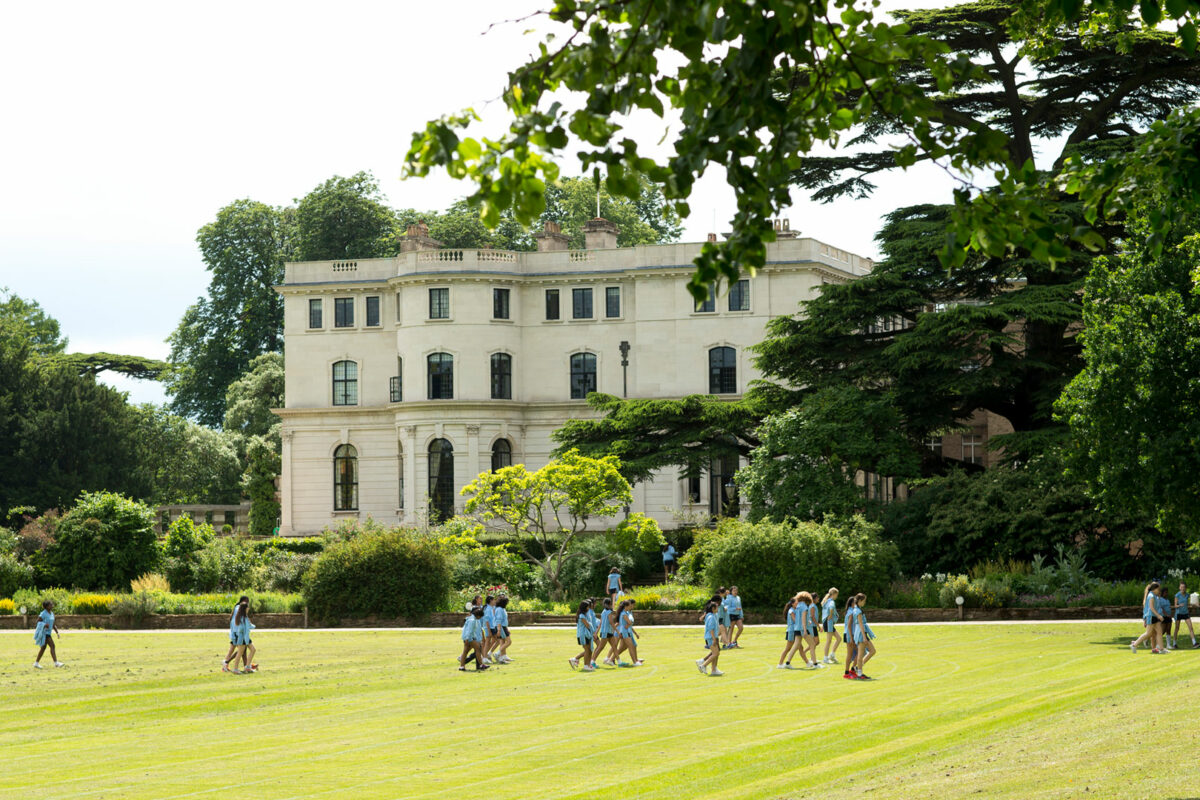Thinking
In many areas of today’s culture, the Greek myths still have an extraordinary influence. They are far from being limited to retellings or adaptations of myths by poets and artists, and expand across computer games, television, and film, which are seen in our day to day lives. This influence is not just prevalent today, but has had an impact for centuries, from as early as the Archaic period of Greek history.
Greek mythology has greatly influenced the Roman world through the literary works that still are renowned today, which were influenced by some of the most famous Greek myths to exist. The first and most well-known example is Virgil (Publius Vergilius Maro 70-19BC), whose work intertwines myth with the political landscape of Rome at the time. One of his works, the Eclogues, composes a renewal to the pastoral genre, as seen by the descriptions of idyllic landscape and the reflective songs of the herdsmen interwoven with the accounts of political turmoil of contemporary Rome. His use of the Greek myths was significant for the development of pastoral literature as social commentary in an increasingly urbanised world.
Catullus (Gaius Valerius Catullus 84-54BC) is another great example. The central theme throughout his works is erotic passion, using myths as metaphors to further amplify the descriptions of his explorations of feeling. Poem 64 is a complicated composition of more than 400 hexameters, and here, he mostly narrates the wedding of Peleus and Thetis. However, in the middle of the poem, he mentions a drastically different myth, that of the abandonment of Ariadne at Naxos by Theseus. This juxtaposition explores the oppositions of faith (between the union of a mortal and immortal), and the abandonment of one’s lover, illustrating the poet’s longing for stability and permanence in his relationships. Catullus adapted several erotic myths told by the Greeks, while making a statement about lifestyle and politics, rejecting the world of Roman public politico-military virtues. In the Middle Ages, Ovid had a large influence, and despite not being Greek, he retold several of the most famous myths in his works, most notably in his famous Metamorphoses, which was reinterpreted in the highly influential Ovide Moralisé, a 14th century anonymously written 70,000-line poem.
This retold the famous stories of those who metamorphosed, but as a Christian edification (e.g. Phaeton synonymous with Lucifer, the rebellious angel). Furthermore, during this period, the Trojan War was seen as a hugely pivotal moment in world history, with the people from all over central Europe claiming to be descendants of the heroes of the Greek myth. Astrology has also been hugely under the influence of the Greek myths, specifically after the Hellenistic period. The study of the heavens consisted of complex links between celestial and terrestrial events, and became more and more popular during medieval times, despite the huge opposition from the Church. Therefore, the fascination relating to astrology never completely died out, and was especially popular during the 12th and 14th centuries, due to several astrological texts making their way to Europe during the Crusades and via Muslim Spain and Sicily. Even today, most words relating to the planets and stars have been given names related to mythological figures which are seen to have similar features to those of the arrangements of the stars.
Another way in which Greek mythology has impacted modern society can be seen in the countless films that have been made about characters in Greek mythology, or just retellings of the myths themselves. Some of the most famous English-language productions of the 20th and 21st centuries include Jason and the Argonauts (1963) by Don Chaffey, or Clash of the Titans (1981) by Desmond Davis, without forgetting the lasting impact of Disney’s Hercules (1997), which still lives in the memories of adults and children alike today. The fame of these films is just one of the ways to show that Western countries have far from extinguished their appetite for these fascinating mythological characters and stories.
Lina, NLCS Student
This article is taken from the latest edition of student publication, ‘Achilles Reel’, you can read the full magazine here.



